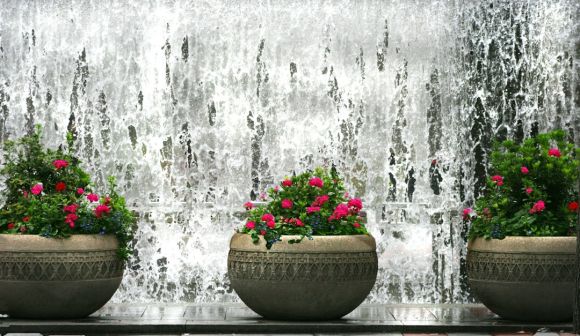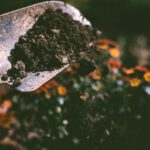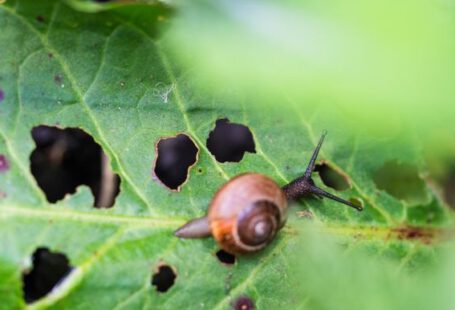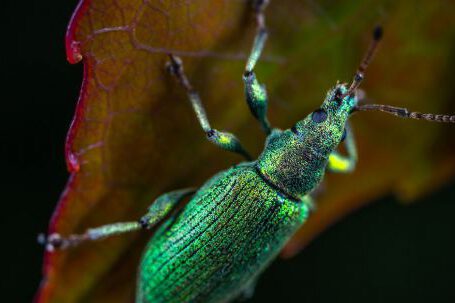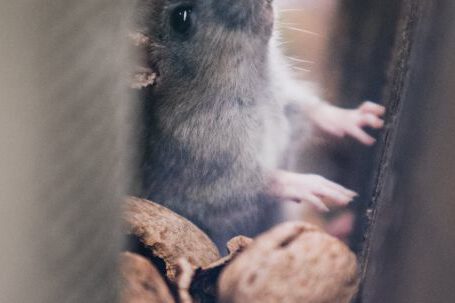When it comes to container gardening, the right soil mix can make all the difference. Unlike traditional garden beds, container gardens have limited space and resources, so it’s important to choose a soil mix that will provide the necessary nutrients, drainage, and aeration for your plants to thrive. In this article, we will explore the different components that make up an ideal soil mix for containers.
1. The Importance of Drainage
One of the most critical factors in container gardening is proper drainage. Excess water can lead to root rot and other issues, so it’s essential to have a soil mix that allows water to drain freely. To achieve this, it’s recommended to include a coarse material such as perlite or vermiculite in your soil mix. These materials help create air pockets and improve drainage, preventing water from pooling at the bottom of the container.
2. Providing Nutrients
Another crucial aspect of container gardening is providing plants with the necessary nutrients. Unlike in-ground gardens, container plants rely solely on the soil mix for their nutrient supply. To ensure your plants receive the nutrients they need, consider adding organic matter such as compost or well-rotted manure to the soil mix. These materials not only provide essential nutrients but also improve soil structure and water retention.
3. Balancing Aeration and Water Retention
Finding the right balance between aeration and water retention is key to a successful container garden. While it’s important to have good drainage, it’s equally important to retain enough moisture for the plants to thrive. To achieve this balance, many gardeners choose to include a mixture of peat moss and coconut coir in their soil mix. These materials retain moisture while still allowing for proper aeration, ensuring that plants stay hydrated without becoming waterlogged.
4. Adding Fertilizers and Amendments
In addition to organic matter, it may be necessary to supplement your soil mix with fertilizers and amendments. Slow-release fertilizers can provide a steady supply of nutrients over an extended period, while amendments such as lime or sulfur can help adjust the pH level of the soil. It’s essential to understand the specific needs of your plants and adjust your soil mix accordingly.
5. Considering Container Size and Plant Type
Lastly, it’s important to consider the size of your container and the type of plants you’ll be growing. Larger containers tend to retain moisture better, while smaller containers may require more frequent watering. Different plants have varying soil requirements, so it’s crucial to research the specific needs of the plants you plan to grow. Some plants may require a more acidic soil mix, while others prefer a more alkaline environment. Tailoring your soil mix to the needs of your plants will greatly improve their overall health and productivity.
In conclusion, choosing the right soil mix is crucial for successful container gardening. By ensuring proper drainage, providing essential nutrients, balancing aeration and water retention, and considering container size and plant type, you can create an ideal growing environment for your plants. Remember to research the specific needs of your plants and adjust your soil mix accordingly. With the right soil mix, your container garden will flourish, providing you with a beautiful and bountiful harvest.
